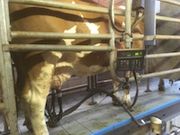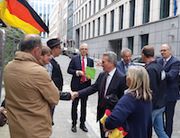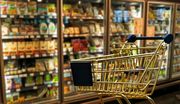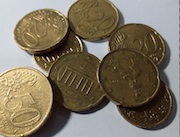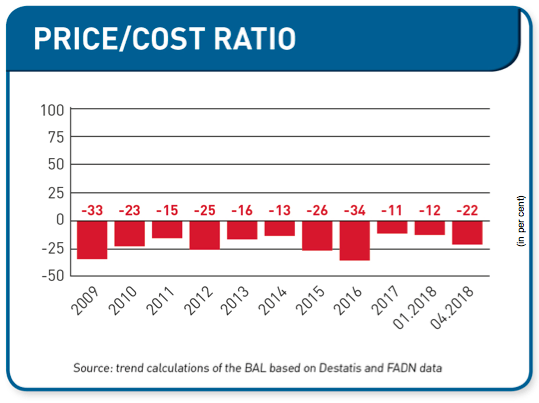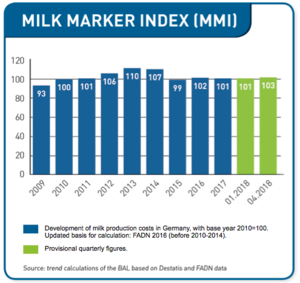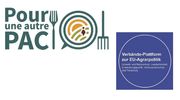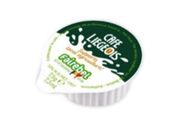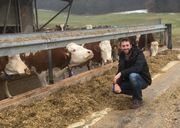EMB Newsletter August 2018
Newsletter as PDF
Contact
EMB - European Milk Board asbl
Rue de la Loi 155
B-1040 Bruxelles
Phone: +32 - 2808 - 1935
Fax: +32 - 2808 - 8265
Dear dairy farmers, dear interested parties,
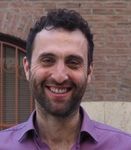
I am greatly concerned to see how Europe is currently facing significant pressure – nationalistic forces internally and divisive motivations externally. I am convinced that there will only be losers if this very dangerous situation were to become even worse.
This makes me take even greater pride in the European alliance of dairy farmers that is the EMB. We dairy farmers are fully convinced that we must take care of our market together, that we will not allow ourselves to be pitted against each other as was often the case in the past and occurs to an extent even today, and that we can survive on the world market only if we adopt common strategies. The dairy farmers in the EMB have come together without any kind of financial or institutional support – on their own strength alone. It is a personification of the European spirit and cannot be lauded enough. No one is committed to the work because it implies a well-paid job. Our motivation has always and will always be the concerns of dairy farmers in Europe. In my opinion, this gives our alliance the legitimacy and weight to have our demands given real consideration at political level.
"We cannot change anything here, it has come from Brussels!" is something we have heard often enough in Germany. Considering our advocacy work is done at both national and European level, this argument no longer holds true. We oblige policy-makers at Federal level as well as at the individual Länder level to defend dairy farmers' interests at European level. This combination of national and European efforts has already achieved results. In this regard, it is important for us to be able to count on the support of as many of our European neighbours as possible. For example, if then French Agriculture Minister Stéphane Le Foll had not taken the initiative during the milk crisis after talking to dairy farmers from the EMB and others, and had not exerted a degree of pressure on then German Agriculture Minister Christian Schmidt to follow suit, the volume discipline measures of the 2nd EU Aid Package would probably not have been implemented as they were.
Therefore, I appeal to you: European elections will be held once again in the spring of 2019. Please do not forget that we must also advocate for our European ideas at national level to truly get them off the ground!
Best wishes,
Johannes Pfaller, EMB Executive Committee members and Chairman of the Advisory Board of the German dairy farmers' association BDM
Study shows success of the EU volume reduction scheme announced 2 years ago
Germany: Small-scale farms threatened by extreme drought: AbL calls for Agriculture Summit
Brussels: BDM follows informal conference of German agriculture ministers
Legislative proposal for more fairness in the food chain
Current figures from Germany show: gap between production costs and milk price is further increasing
Alliance calls on French and German agriculture ministers to a prevent a race-to-the-bottom in EU agricultural policy
A first in Belgium: Fair trade on a local level is possible!
Interview with Johannes Pfaller, new EMB Executive Committee member
Impressum
European Milk Board asbl
Rue de la Loi 155
B-1040 Bruxelles
Phone: +32 2808 1935
Fax: +32 2808 8265
E-Mail: office@europeanmilkboard.org
Website: http://www.europeanmilkboard.org

